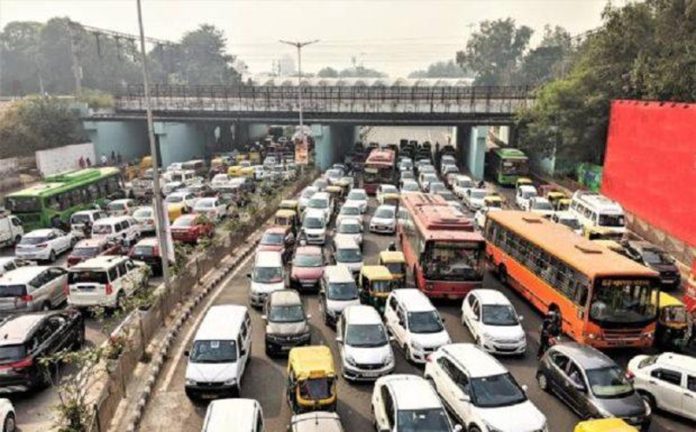NEW DELHI, Apr 28:
Spike in traffic noise can increase the risk of cardiovascular diseases, including heart attack, researchers have found.
Having found evidence linking traffic noise and the risk of developing heart and related conditions, researchers are calling for this type of noise pollution to be recognised as a risk factor for cardiovascular diseases.
The international team of researchers reviewed epidemiological data, which provides evidence for identifying risk factors of a certain disease.
In their review, the researchers found evidence that for every 10 decibel increase in noise coming from road traffic, the risk of developing cardiovascular diseases, including heart attack, stroke and diabetes, heightened by 3.2 per cent.
In particular, they said, night-time traffic noise that disrupts and shortens sleep time can increase levels of stress hormones in the blood vessels, thereby promoting inflammation, high blood pressure and vascular diseases.
“It is also important for us that traffic noise is now finally recognised as a risk factor for cardiovascular disease due to the strong evidence,” Thomas Münzel, senior Professor at the University Medical Centre Mainz, Germany, and lead author of the study published in the journal Circulation Research, said.
The researchers also suggested strategies for local authorities to mitigate noise from road, rail and air traffic.
Erecting noise barriers along busy roads in densely populated areas can significantly reduce noise levels up to 10 decibels, they said.
Constructing roads using noise-reducing asphalt has been shown to reduce levels by 3-6 decibels, the authors said.
Other strategies they suggested included limiting driving speed, and developing and promoting the use of low-noise tyres.
At the individual level, the researchers recommended using bicycles, shared rides and public transport for lowering urban road traffic noise.
For reducing aircraft noise, strategies like optimising and planning air routes using GPS to direct them away from densely populated areas can be adopted. Imposing bans for take-offs and landings during night-time can significantly reduce air traffic noise, the researchers advised.
Regular maintenance of railways, including brake upgrades, was also suggested for lowering rail traffic noise.
“With an increasing proportion of the population exposed to harmful traffic noise even after the Covid pandemic has ended, noise control efforts and noise reduction laws are of great importance for future public health,” Münzel said. (PTI)


